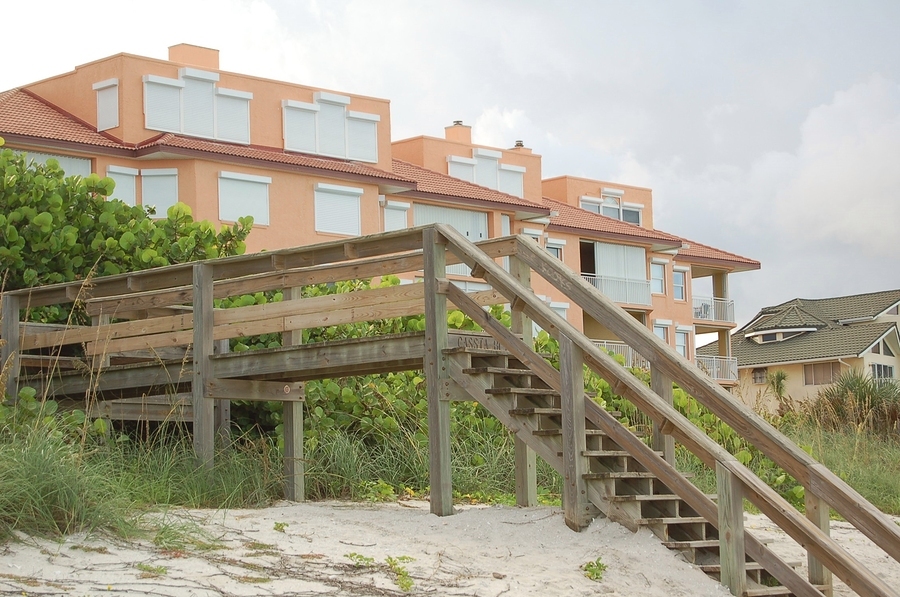If you enjoy some late summer or early fall time in Florida, protect yourself with hurricane insurance.
September is the bridge between summer and fall: it's not storm season. Or is it? Statistically speaking, September is actually the worst month for hurricanes and significant storm activity in Florida. It's time to take a look at your condo insurance policy and get ready for the wind and the rain.
A Tale of Septembers Past
If you're still feeling doubtful, look at the stormy statistics from Septembers past. Three-quarters of the hurricanes suffered by Floridians impact the state between August and October, and one-third arrive in September. Remember 2004? Hurricanes Jeanne and Ivan visited the state a mere ten days apart from each other. In recorded history, 160 hurricanes have visited Florida in September, knocking other months such as October out of the ballpark. October comes in at 117 hurricanes, and then the season tapers off significantly, with few hurricanes from November to May.
Why Does September Have a Lot of Hurricanes?
In September, there are a few climate features that coincide to produce hurricanes. The African easterly jet generates African easterly waves, seeding tropical cyclones in the Atlantic Ocean. The warm tropical sea surface also reaches its peak in September, and it's ready to produce tropical storms. 
Getting ready: prepare your home, but check your insurance as well.
What Kind of Condo Insurance Do You Need?
Whether you have a beachfront vacation condo or you live in a major city, you need insurance coverage for your property. Condo insurance is different than homeowners insurance. Your condo insurance generally covers the inside of your condominium, such as your possessions. It will likely cover the loss of use as well. If your condo is damaged during a storm, you may need to live somewhere else for a time. If you have pieces of art, jewelry, or expensive collections, make sure that your policy amount is adequate to cover these items.
Understand the Gaps in Your Condo Association's Policy
The walls, floors, and other fixtures of your condo generally fall under the jurisdiction of your condo association, which should have an insurance policy for the entire structure. What's covered depends on your specific policy. This coverage may include your walls and appliances. Check to see whether your condo policy is an all-in policy or a bare-walls policy. An all-in policy covers your fixtures such as appliances and wiring, while a bare walls policy may not cover things like plumbing and electrical. Make sure that your own purchased policy covers everything that your master policy does not cover, so that you're not left paying for the plumbing.
What Happens if You Have Problems After the Storm?
Flooding and its associated mold can be huge, after-the-fact problems for condo owners. If you're concerned that your ground-floor condo could be impacted by flooding, check to see if you need to purchase a separate policy. Condo policies often do not cover mold if the mold is caused by an external flood and not a broken pipe. Make sure that you know exactly what's covered and what is not before you confirm your insurance.
September is the month of storms in Florida. As you shutter your windows and get the lanterns ready, remember to check your insurance as well. When you're looking for preparedness tips, visit Southern Oak. Download our Home Inventory Checklist ebook so that you'll be prepared when the storm hits.

















